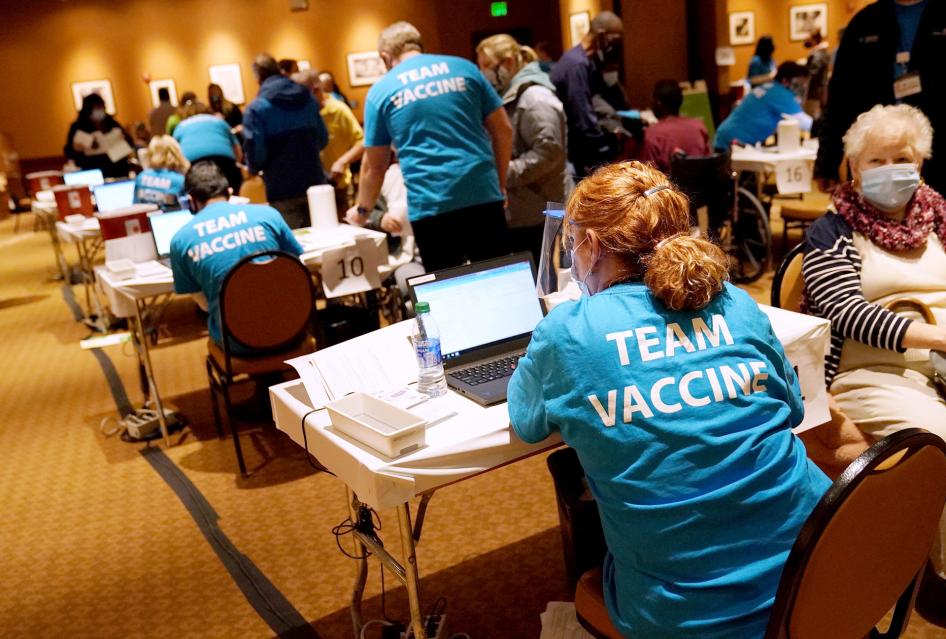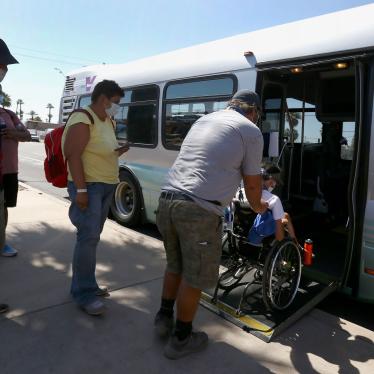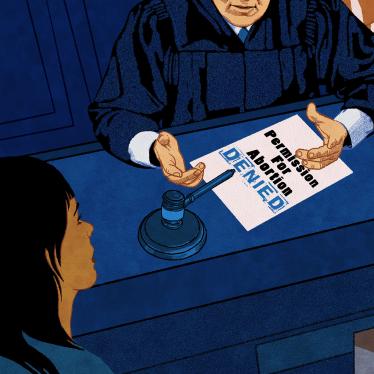Most US states have prioritized people over 75 in the first wave of Covid-19 vaccinations, but obstacles to securing an appointment can hinder delivery. Most states are using online systems for scheduling. But while technology was once considered the great equalizer, online vaccine registration systems have highlighted the barriers many older people can face in accessing essential services.
Only half of people over 75 use the internet in the US, and 16.5 percent of people over 65 do not have access to the internet at all. Figures are worse for older people of color, as 25 percent of Black, 21 percent of Latinx, and 28 percent of Native American people over 65 do not have internet access. Approximately 7.7 million older people live at or below the poverty line, and may not be able to afford internet access.
For those who can access online vaccine scheduling, many find slots booked within minutes, complicated forms, and antiquated technology that leads to website crashes. Some older people who were able to register later encountered issues when asked to provide QR confirmation codes, a technology not yet widely used in the US.
State and local governments should ensure older people have accessible methods of registering for vaccine appointments.
They should ensure websites are compliant with accessibility guidelines and available in different languages, and should upgrade the back-end infrastructure of websites to handle heavy demand. Hotlines should be adequately staffed to reduce long hold times and system crashes. These investments will not only help older people access vaccines now but ease challenges for those who will be eligible later in the year.
For people who do not have affordable and reliable access to the internet or have difficulty navigating registration websites, governments should ensure offline access to appointment registrations. They should consider enlisting local healthcare workers, community organizations, or clergy to help register older people in person or over the phone and ensure anyone involved is equipped with necessary PPE and follows Covid-19 safety measures.
To help get the vaccination roll-out right, state and local governments should address the digital divide and invest in offline alternatives.









